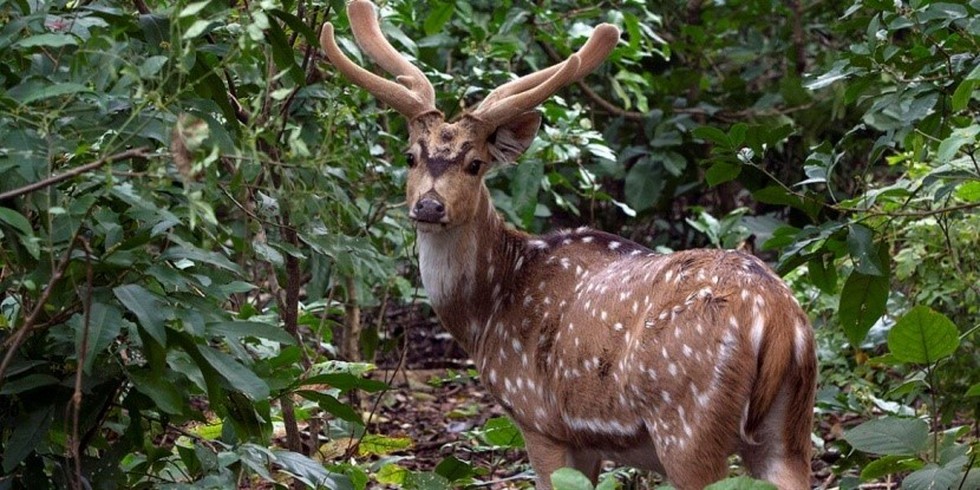About Kalagarh Tiger Reserve (KTR):
- Location: It is located in the Nainital district of Uttarakhand.
- When Jim Corbett Park was established in 1974, the northern region of the park was renamed Kalagarh Tiger Reserve.
- It is named after the Kalagarh dam, which was constructed on the Ramganga River.
- KTR is spread over an area of 301.18 sq. km. which also includes Sonanadi Wildlife Sanctuary, along with Jim Corbett Park.
- Terrain: The reserve is located in the foothills of the Himalayas, and the terrain is varied, with forests, grasslands, and hills.
- Flora: It is home to several species of trees, such as sal, sheesham, semal, bakli, haladu, tun, sain, fig, bamboo, etc along with medicinal plants.
- Fauna:
- It has a high density of tigers, leopards, elephants and others from the cat’s family.
- It carries a lustrous breed of deer -chital, barking deer, goral, sambar, and hog deer.
- The park has more than 580 species of birds, which include kingfishers, wagtails, forktails, pheasants, hornbills etc.
Key facts about Ramganga River:
- It is a tributary of the Ganges River in India.
- Origin: It originates in the Garhwal Himalayas in Uttarakhand state.
- Length: The total length of the river from the source to its outfall into the Ganga is 596 km, and the entire length lies in Uttarakhand and Uttar Pradesh.
- It joins the Ganga on its left bank near Kannauj in the Fatehgarh district, Uttar Pradesh.
- Tributaries:
- It is fed by several major tributaries, including the Kosi River, which joins it near Kalagarh, forming the Ramganga Reservoir.
- Other significant tributaries include the Khoh, the Gangan, the Aril, and the Deoha (Gorra) rivers.
